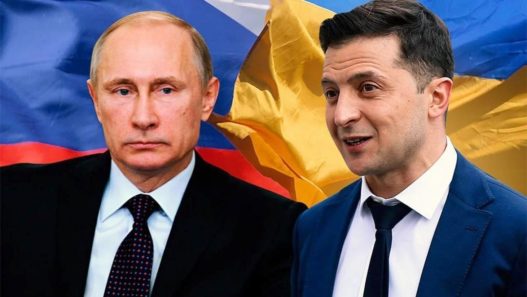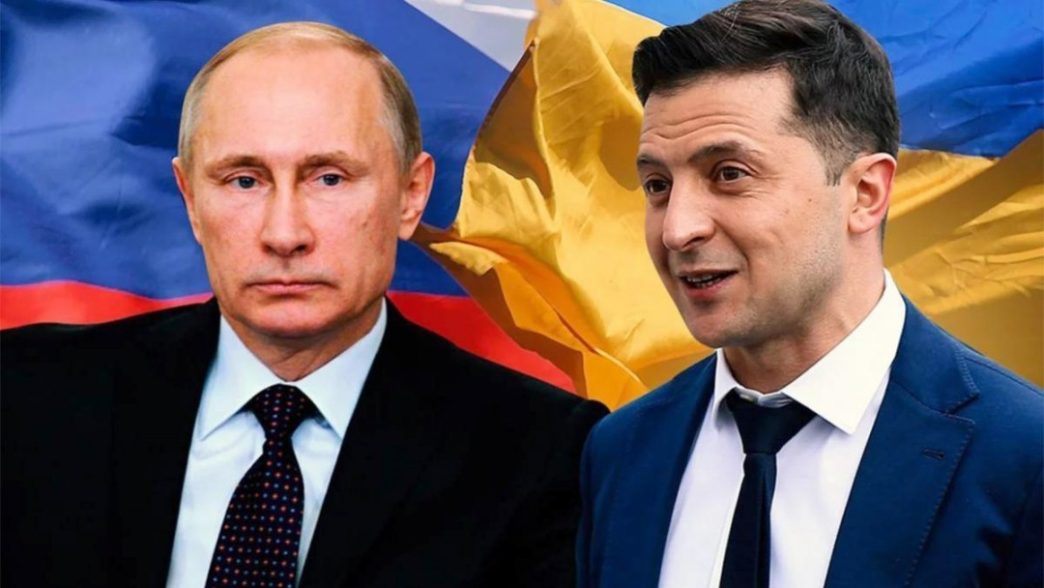Ukrainian President Volodymyr Zelensky has declared that Ukraine is willing to engage in direct peace talks with Russia only if Moscow agrees to a complete and unconditional ceasefire. This response follows Russian President Vladimir Putin’s offer to hold negotiations in Istanbul on May 15, which notably lacked a commitment to halting hostilities. Zelensky has made it clear that a 30-day ceasefire across land, sea, and air must begin on May 12 as a precondition for any diplomatic dialogue. His position has received strong backing from European leaders, including those from France, Germany, Poland, and the UK, who have warned that Russia could face additional sanctions if it refuses to comply. While U.S. President Donald Trump has pushed for immediate talks, his envoy, Gen. Keith Kellogg, aligned with Zelensky’s “ceasefire first” stance.
Despite these diplomatic efforts, there is widespread skepticism about Russia’s intentions. Putin’s recent declaration of a three-day ceasefire for Victory Day was undermined by continued Russian drone attacks on Ukrainian cities. Furthermore, Russia’s insistence on conditions such as stopping Western military aid to Ukraine has further fueled doubts about the sincerity of its peace overtures. While Turkey has offered to host the proposed negotiations, the international community is awaiting clear, demonstrable steps from Moscow to prove its commitment to a peaceful resolution.



